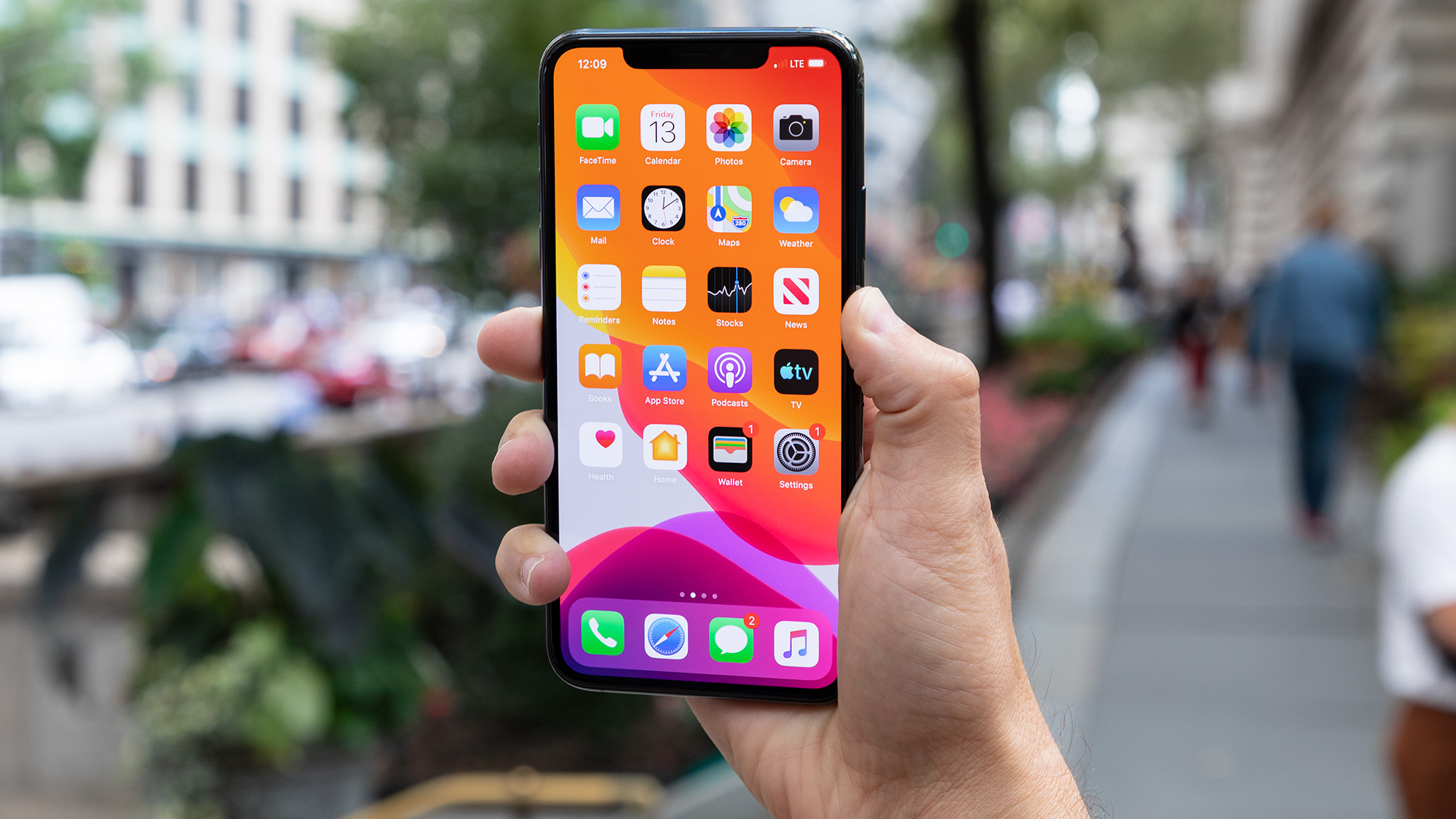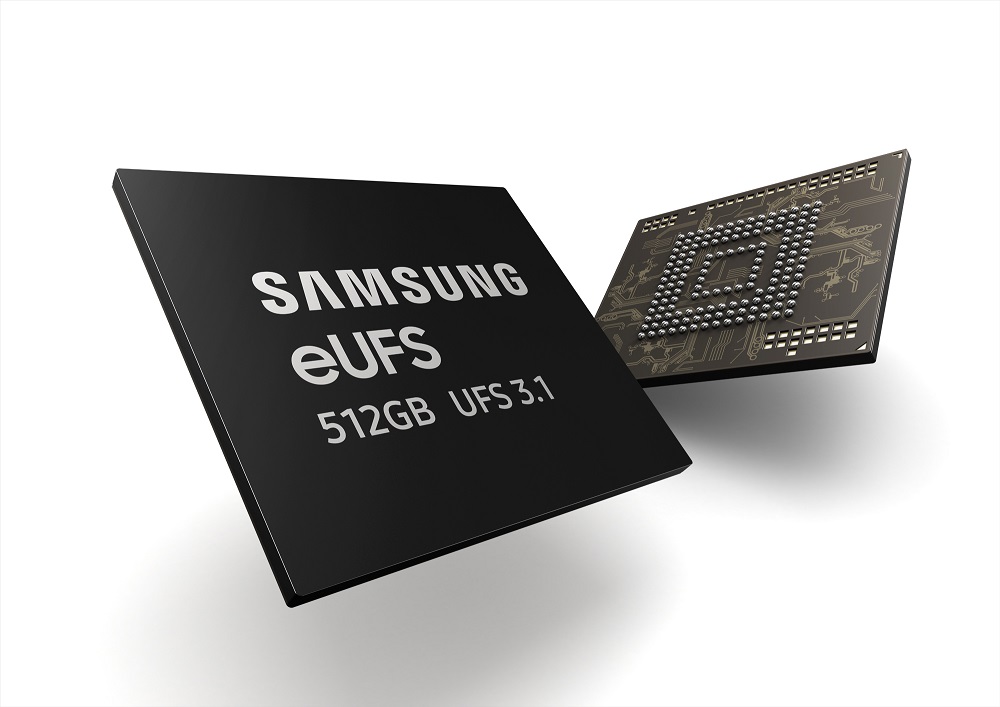iPhone 13 may be insanely fast — thanks to Samsung
Samsung’s new memory has three times the performance of current flagships

Samsung has invented a new eUFS storage memory chip that triples the speed of the previous generation and seems well on its way to next-generation phones like the iPhone 13 and Samsung Galaxy S30.
Revealed in a Samsung blog post, the company's eUFS 3.1 storage is already into the production phase, meaning that we will be able to see it soon in new devices. In fact, the Galaxy S20 Plus and Ultra already use this chip — but it wasn’t available for other phones until now.
- iPhone 12: release date, specs, rumors and more
- Android 11 top features revealed to fight the iPhone
- Plus: New iPad Pro holds the secret to Apple Glasses — and the future of computing
Samsung has been knocking it out of the park with new storage for phones in the race to expand their available space.
Early last year it announced a 1TB chip capable of storing 260 ten-minute, 4K UHD videos. This got deployed that year in some of the best flagships in the Android world, like Samsung’s own Galaxy S10 Plus — but not on the Galaxy S20 Plus which kept the built-in storage at 512GB to be able to take advantage of the speed of this chip for 8K video recording.

According to Samsung Electronics, the speed is so fast that it can record 8K video without buffering memory, thus reducing the price of the phone. A chip like this will also be ideal for other high bandwidth recording tasks, like capturing high definition video with 3D depth maps and dual lenses stereoscopic video — if any manufacturer decides to add that option.
Samsung claims that this chip offers performance faster to any PC solid-state drive or any microSD card out there: “At a sequential write speed of over 1,200MB/s, Samsung 512GB eUFS 3.1 boasts more than twice the speed of a SATA-based PC (540MB/s) and over ten times the speed of a UHS-I microSD card (90MB/s).”
For a straight size comparison, the South Korean company says that a phone with the new eUFS 3.1 chip “will only take about 1.5 minutes to move 100GB of data whereas UFS 3.0-based phones require more than four minutes.“ That’s quite impressive and could save hours a year if you do a lot of 4K high definition video recording. The chip is even faster when you read the memory sequentially, reaching 2,100MB per second.
Sign up to get the BEST of Tom's Guide direct to your inbox.
Get instant access to breaking news, the hottest reviews, great deals and helpful tips.
The electronics giant is already mass producing the chips, which are available in 128GB, 256GB and 512GB flavors, in its South Korean Pyeongtaek plant and in Xian, China.
That sounds like companies like Apple, Xiaomi and others would be able to add these storage chips to new flagships as early as this year.
Jesus Diaz founded the new Sploid for Gawker Media after seven years working at Gizmodo, where he helmed the lost-in-a-bar iPhone 4 story and wrote old angry man rants, among other things. He's a creative director, screenwriter, and producer at The Magic Sauce, and currently writes for Fast Company and Tom's Guide.

